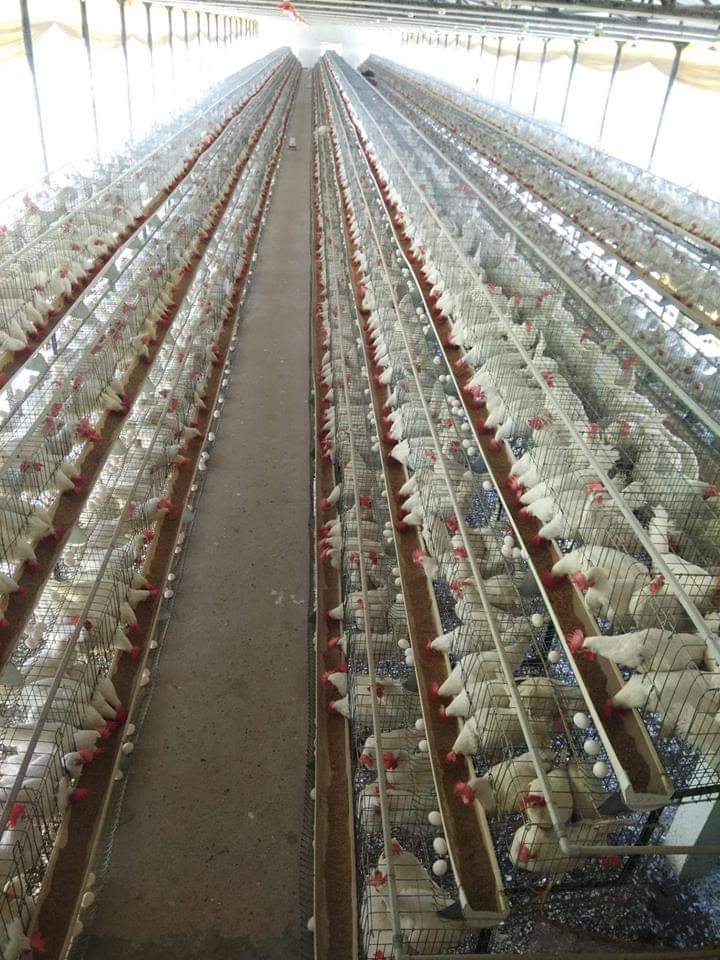FEED MANAGEMENT IN WINTER IN BIRDS
- Poultry uses food for two main purposes i.e., as an energy source:
a) To maintain body temperature
b) and to carry on normal physiological activities
c) and as building material for development of bones, flesh, feather, egg etc.
- The variation in feed
consumption is observed by for each degree Fahrenheit change in temperature when the weather is cold than when it is hot. - Low temperature causes more feed intake and higher oxygen demand.
- Reduced dietary energy will eventually lead to reduced egg production, but body condition will be lost first.
- The hen is pretty resilient and will lay eggs at the cost of body condition until her fat reserves become depleted and she reduces or stops egg production
- Therefore, when the weather gets colder, it is essential to give the chicken plenty of food as they require extra energy for maintaining body temperature.
- Consumption of calories of ME/bird/day varies as the ambient temperature changes.
Normally these differences are as follows:
Summer: 240 to 270 ME for bird
Winter : 270 to 320 ME for bird
- When bird eat more feed, along with energy, other nutrients are also consumed more which are actually not needed and they become a waste.
- To avoid this wastage during winter energy rich sources like oil/fat should be added to the diet or level of other nutrients may be reduced keeping the energy at same level.
BROILERS:
- In winter number of feeders should be increased as compared to summer and Feed should be available to the bird whole of the day.
- It has been experimentally proved that for proper growth of broiler :
a) During summer,
pre- strater diet containing 23% protein and 3100 Kcal ME/kg diet is needed.
b) While in winter 3400 Kcal/kg ME and 23% protein is needed in pre-starter rations for better FCR and higher breast meat yield.
Subhodayam
Dr V.Rajendra Prasad


